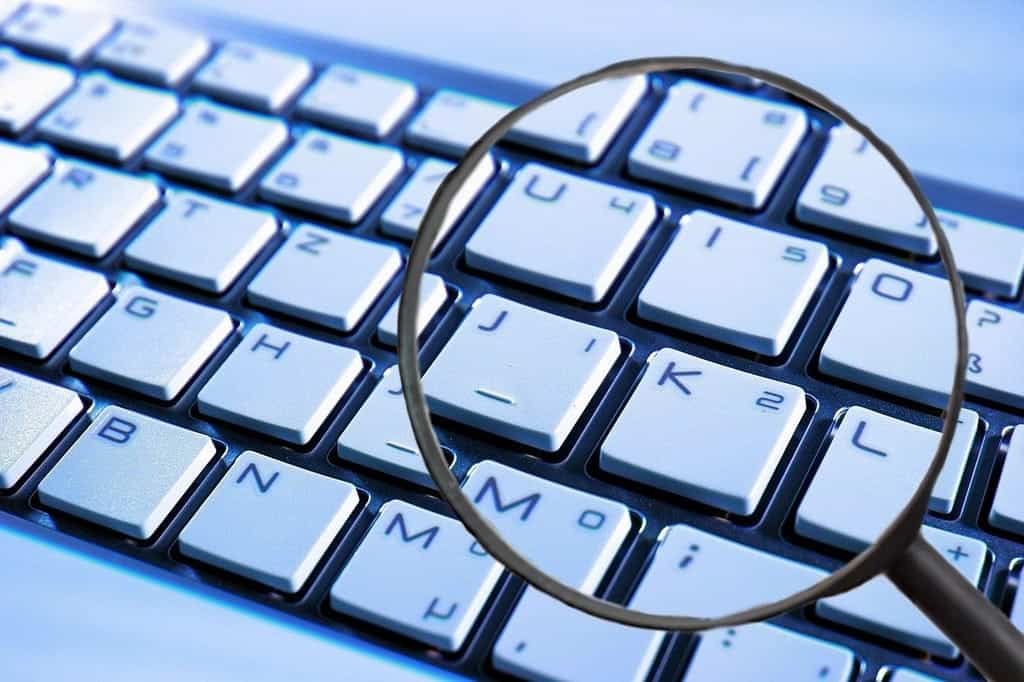
We have become so immersed with digital life that at least a billion people in the world have “online identities” as an extension of reality. We have gone past the point of asking how real the online side is – just the fact that we are experiencing security problems via hacking, stolen identities, cyber crimes, cyber bullying, etc. is enough evidence that what happens in the screen is real enough to warrant worry and attention in real life. Cybersecurity is an important point of concern as much as physical security is.
Digitizing ourselves is a relatively new concept for the human race, but it is not an excuse to become irresponsible in this respect. In this post, we’ll cover the essentials of personal cybersecurity in certain digital spaces.
Password Management
Passwords are the digital locks and keys that provide basic online security. To make sure that your passwords are working effectively, consider the following tips:
- Always use strong ones. Combinations of special characters, letters, and numbers usually do the trick.
- Avoid writing passwords down. Although this may help memory – you don’t want your master key accessible to anyone.
- Regularly change passwords.
- Don’t use the same password for all accounts. Slightly vary one password from one account to another.
Mobile Security
Your smartphone contains more information than you realize. This device could leak information about your home address, work and present location, contacts, private media, and so on. As much as you won’t let a stranger on a bus explore the content on your phone, you won’t want hackers stealing your information from it. Here are ground rules for security if you have a smartphone:
- Always password protect your smartphone
- Manage location services
- Only download trusted and official applications
- Be keen on reviewing privacy exceptions and permissions for each application
Cybersecurity in Social Spaces
In digital spaces, communication isn’t necessarily in real-time, context and subtext are usually stripped off, and anything that has been posted can be taken back, recovered, and used against you. Moreover, it is a fertile ground for stealing personal information, such as browsing histories and personal data.
To make sure that you are protected, be wary of all the information you share. Always ask: Am I sharing something that I will be happy to tell a stranger or the public? Am I using a safe and secure web browser or application?
Freedom and Identity
Online security will help you browse the corners of the web with better peace of mind. As long as you take note of these important tips – and never share your passwords with anyone – you can maintain a distinct, expressive identity, without the fear that someone might be committing a crime or using your own information against you.
